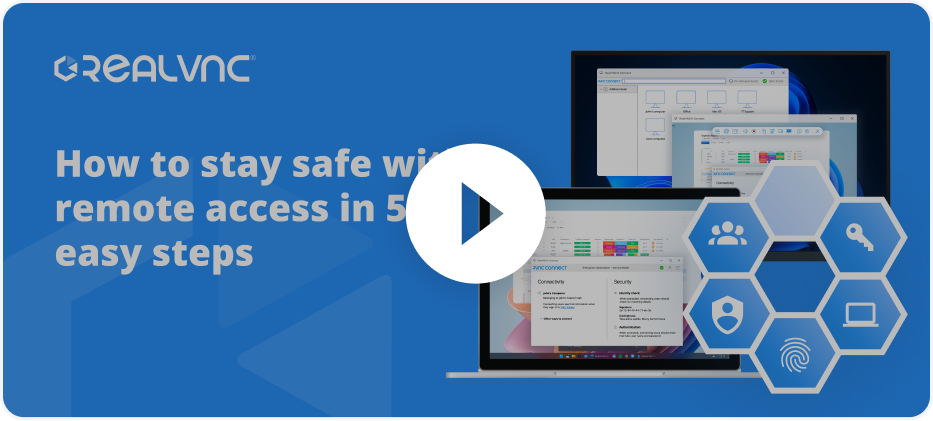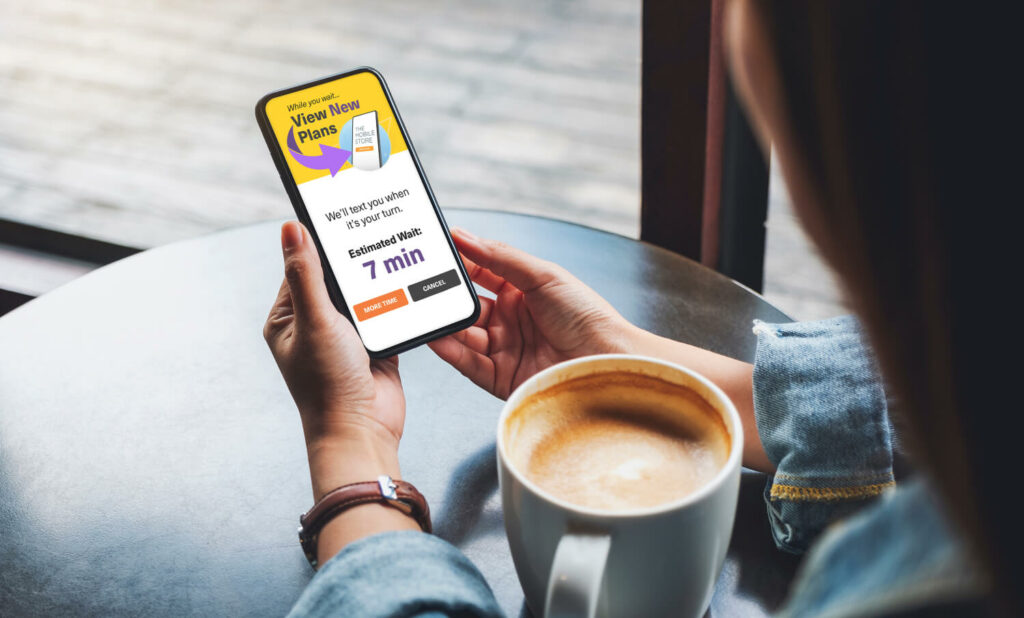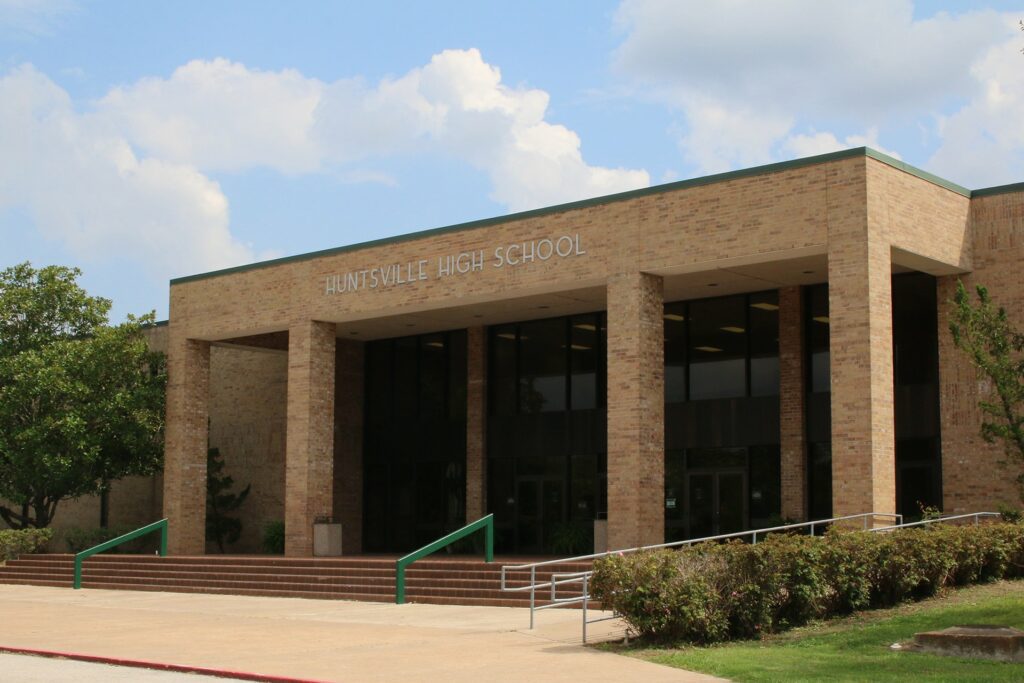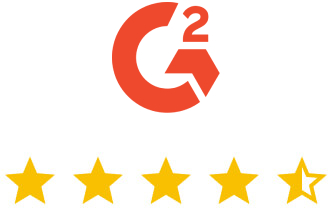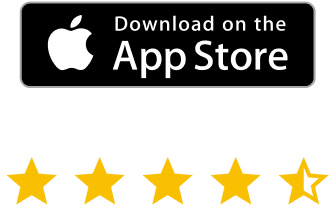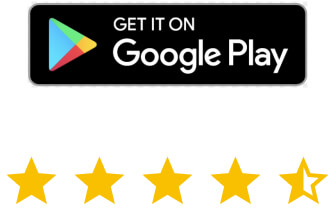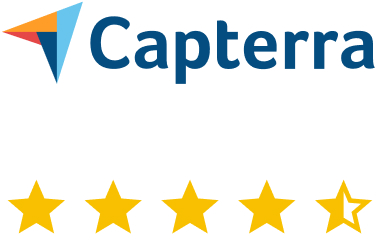The field of telemedicine has witnessed extraordinary progress, and telemedicine remote software solutions have played no small part in this process. These solutions streamline medical consultations, while at the same time ensuring the protection of the terabytes of sensitive patient data that medical institutions have to deal with on a daily basis. At the heart of this technological evolution lies HIPAA-compliant remote desktop software, a groundbreaking innovation allowing medical professionals remote secure medical data access. And this, by putting a strong emphasis on encrypting all personal health information that’s being transferred, for the utmost security.
Benefits of Remote Access in Healthcare
The benefits of incorporating remote access in healthcare have many different faces. This integration lets healthcare providers conduct remote consultations, efficiently monitor patients, and access medical records the moment they require them. Also, remote access is useful when it comes to patient remote monitoring systems, as clinicians can remotely oversee patients’ health conditions. This allows them to focus on preventive care and increased patient satisfaction levels.
Healthcare Collaboration and HIPAA Compliance
There can be no effective healthcare delivery unless collaboration is involved. The idea of healthcare collaboration via remote access epitomizes this. Through HIPAA-compliant remote software, healthcare professionals can use file transfer to securely exchange health records, radiology images, or lab results, This makes patient care delivery much more efficient.
HIPAA compliance is an essential framework in healthcare, requiring the protection of Protected Health Information (PHI). Enacted in 1996, the Health Insurance Portability and Accountability Act (HIPAA) establishes very strict standards for the confidentiality, integrity, and accessibility of PHI. Covered entities include healthcare providers and health plans and they are responsible for enforcing robust safeguards, meant to ensure patient data’s privacy and security. If a piece of software is HIPAA compliant, it enhances patient trust by demonstrating careful handling of personal health information.
Remote Management of IT Systems in Healthcare
In the digital era, the remote management of IT systems has become a standard practice. Managing healthcare IT remotely is very important for the integrity of healthcare processes. IT professionals are therefore able to update software, troubleshoot issues, and guarantee secure, uninterrupted access to critical systems, all from their workstations. This ensures that less resources are spent on travel and more are used for patient care.
Ensuring compliance with healthcare regulations such as HIPAA, the software helps uphold patient information integrity. All this while facilitating timely data access for clinicians and administrative staff. Numerous compelling case studies regarding RealVNC in healthcare settings show how the software has made medical professionals’ lives easier. During the COVID pandemic, the NHS has even used RealVNC Connect to support patients from afar.
Enhancing Healthcare IT with Remote Access Software
In essence, using remote access software can help medical institutions provide an unparalleled level of patient care. The right remote access software solution can offer a secure, reliable, and user-friendly platform for telemedicine and remote healthcare. Through this healthcare technology integration, medical professionals can utilize remote access solutions to enhance patient outcomes, but also to uphold data security standards in what is such a sensitive field of activity.
This article is the second in a series of blog posts about remote access software in healthcare. Make sure you keep an eye on our blog for some great examples of how using RealVNC software can make healthcare professionals’ lives much easier.
